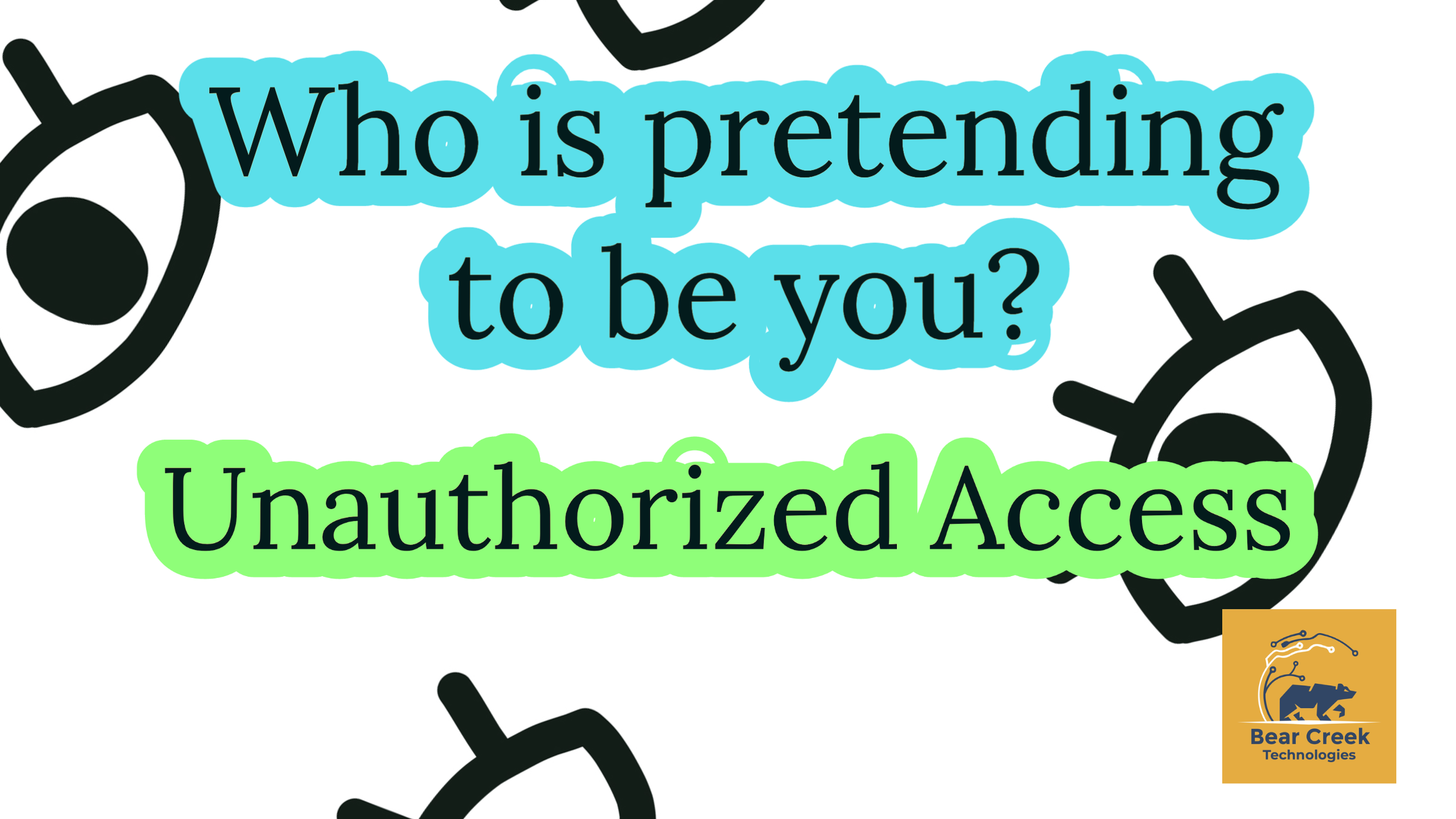What is Unauthorized access
Unauthorized access is when a person gains entry to a computer network, system, application software, data, or other resources without permission. Any access to an information system or network that violates the owner or operator’s stated security policy is considered unauthorized access. Unauthorized access is also when legitimate users access a resource that they do not have permission to use.
Who is pretending to be you? Unauthorized access is when someone gets in as you
The most common reasons for unauthorized entry are to:
Steal sensitive data
Cause damage
Hold data hostage as part of a ransomware attack
The three primary objectives of preventing unauthorized access are:
Confidentiality—the protection of sensitive information from unauthorized access
Integrity—the protection of sensitive information from unauthorized modification or destruction
Availability—the protection of sensitive information and information systems from unauthorized disruption
Digital and Physical Unauthorized Access
Many common tactics fall into these two broad categories:
Digital Unauthorized Access Tactics
Guessing Passwords
Guessing passwords is a common entry vector for unauthorized access. Manual password guessing is done using social engineering, phishing, or by researching a person to come up with information that could be the passwords.
Exploiting Software Vulnerabilities
A mistake in software is referred to as a bug. In many cases, these bugs are annoying, but harmless, However some bugs are vulnerabilities that can be used to gain access into applications, networks , operating systems and hardware.
Social Engineering
Hackers can use physiological manipulation and use malicious links in emails, pop-ups on websites, text messages. The goal is to get access to the users credentials to gain access.
Physical Unauthorized Access Tactics
Tailgating
The perpetrators gain physical access to resources by following and authorized person into a secure building, area or room.
Fraudulent use of access cards
Lost, stolen, copied or shared cards can be used by a person to gain access to areas they should not be in.
Door Propping
An unlocked or open door is a invitation for a person to walk into an area that they are not allowed into.
